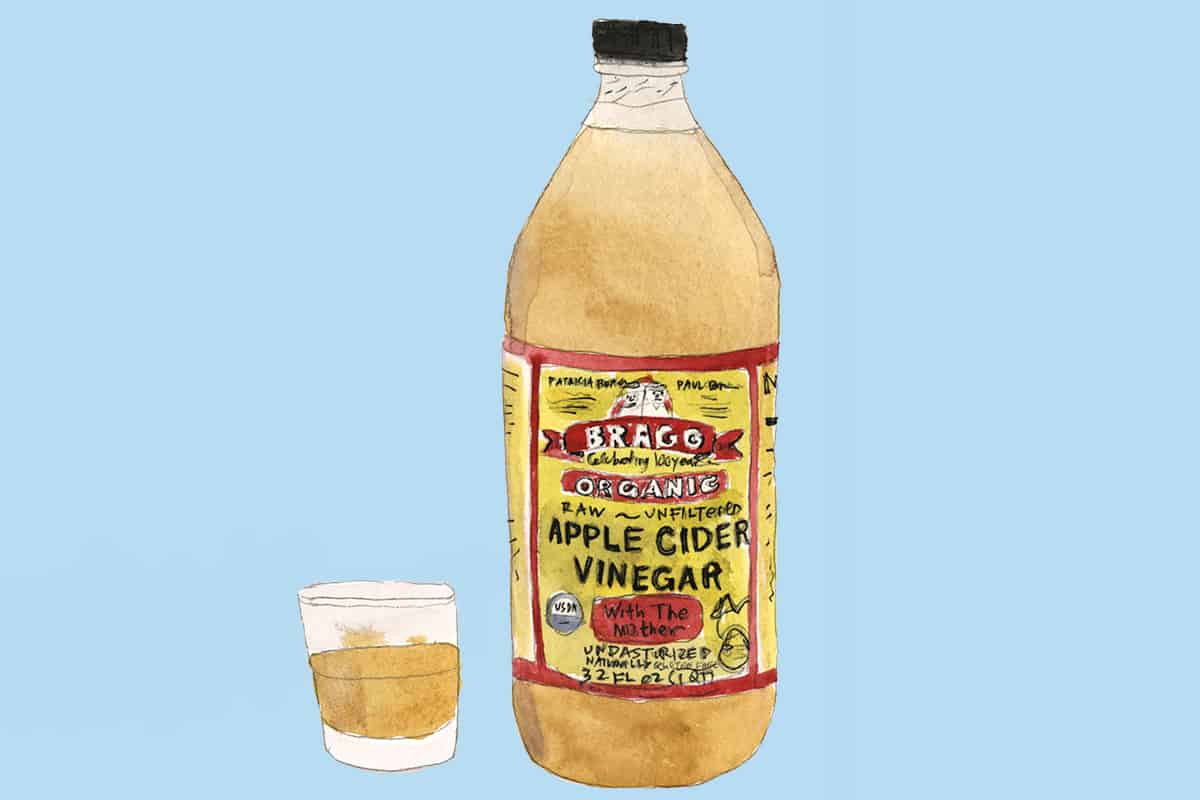

Strain and store in sterile pint jars for three to four months in the refrigerator. Let steep for two to three weeks in the refrigerator, shaking occasionally. Garlic-basil vinegar: Combine 4 cups red wine vinegar, 1 cup fresh basil leaves, and 4 crushed garlic cloves in a glass or other nonreactive container. They’re delicious in salad dressings or to top foods.

Balsamic lends a hearty flavor, but Linsenmeyer also recommends champagne vinegar, rice wine vinegar, and white balsamic vinegar for a big flavor punch. “I do this at home because I like the flavor, not because it is going to dramatically influence my health in any way,” she says.ĭrizzle vinegar on veggies, fish, chicken, or your favorite meat. “You can make one at home for 10 cents.” Steep 8 ounces of just-boiled water with a slice of raw ginger, a squeeze of fresh lemon, and honey, then add just 1 teaspoon of apple cider vinegar. “There is no reason to spend $3 to $4 on a trendy drink when vinegar itself is so inexpensive,” Linsenmeyer says. The best way to consume vinegar is to make it part of an overall healthy diet. That’s why you should steer clear of the shots of full-strength vinegar advocated on the internet (or vinegar capsules), and not drink vinegar straight, Linsenmeyer says.

However, with a pH between 2.4 and 3.3, vinegar is acidic enough to erode tooth enamel, inflame the esophagus and stomach, and trigger nausea and acid reflux. Is there any harm in trying vinegar, though? Vinegar is fine to use on food and when mixed with water, juice, or another liquid is safe to drink. But there’s no research suggesting inexpensive balsamic vinegar has the same effects. In a few very small studies, gourmet-quality balsamic vinegars improved the function of insulin-producing cells in the pancreas in rats and slowed atherosclerosis-promoting damage to LDL cholesterol in a tiny Japanese study with five people. In a 2015 Greek study of 11 people with diabetes, those who had an ounce of vinegar and then consumed a ham and cheese sandwich, orange juice, and a cereal bar had slightly lower blood sugar and insulin levels afterward than those who drank water instead of vinegar. But a 2020 review of human and animal studies in the European Journal of Nutrition found that the health benefits of apple cider vinegar, including any effect on blood sugar, couldn’t be determined due to a lack of high-quality research. Lowering blood sugar: Vinegar may improve insulin sensitivity in people with type 2 diabetes and slow the digestion of carbohydrates to some extent. Some supplements and drinks made with apple cider vinegar add them, but fruits and vegetables are a much better source. It has not been studied in well-controlled trials-there’s no evidence base.” Vinegar is sometimes promoted as containing substances linked to digestive health, such as fiber, pectin, and gut-friendly prebiotics, but it doesn’t have any of them, Linsenmeyer says. Johnson, MD, chief of gastroenterology at Eastern Virginia Medical School and past president of the American College of Gastroenterology. Heartburn and other digestive problems: “The idea that vinegar would be helpful for acid reflux is somewhat paradoxical,” says David A. We can support our bodies to do this by consuming a healthy diet.” “But the body is designed to detoxify itself, especially through normal digestion and the functions of the liver and kidneys. “‘Detox’ is a trendy notion these days,” Linsenmeyer says. And it really doesn’t “detox” your body, despite the claims that accompany cleanse diets featuring vinegar drinks.

Weight loss and detoxing: Vinegar helped volunteers in a small Japanese study shed a tiny amount of weight, but they quickly gained it back.


 0 kommentar(er)
0 kommentar(er)
